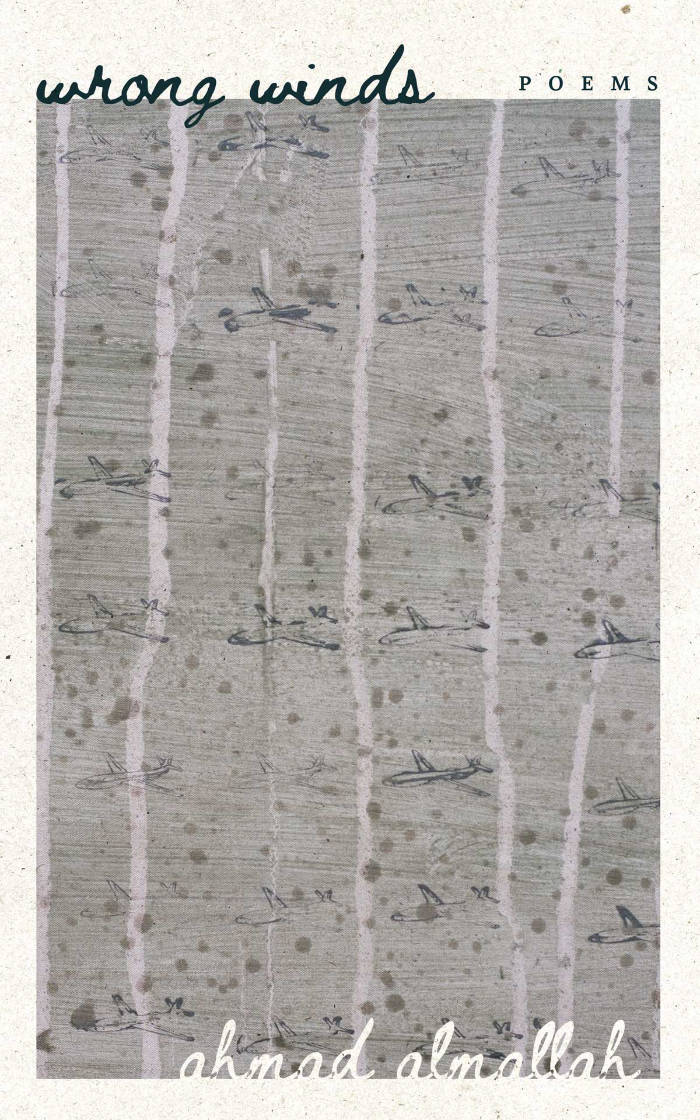
Dyke (geology)
Through intertwined threads of autofiction, lyric science writing, and the tale of a newly queer Hawaiian volcano, Sabrina Imbler delivers a coming out story on a geological time scale. This is a small book that tackles large, wholly human questions—what it means to live and date under white supremacy, to never know if one is loved or fetishized, how to navigate fierce desires and tectonic heartbreak through the rise and eventual eruption of a first queer love.
Sabrina Imber's DYKE (GEOLOGY) is not only gorgeous, it is wildly transformative. It contains sentences that mimic the Earth itself: craggy, pitted, alive. There is so much movement, a momentum that sweeps readers along sentence by sentence. The structures Imbler builds are deeply affecting, deeply moving. The heart of it sits exposed, bare and beating, pulsing and insistent. This writing is very queer, very loving, very painful, very poignant. It is revolutionary work."—Kristen Arnett
"Imbler queers the history of the world here—a thrilling summer romance set to geological time, unlike any I know, spanning the globe and the history of humanity and the space between two dyke hearts. Play in the waves of this mind and emerge renewed."—Alexander Chee
Sabrina Imbler is a half-Chinese writer and dyke based in Brooklyn. She is a staff writer for Atlas Obscura and the recipient of fellowships from Jack Jones Literary Arts, the Asian American Writer's Workshop, and Paragraph NY. Sabrina wrote the monthly "My Life in Sea Creatures" column at Catapult and her essay collection How Far the Light Reaches is forthcoming from Little, Brown in 2021.
Language: English





